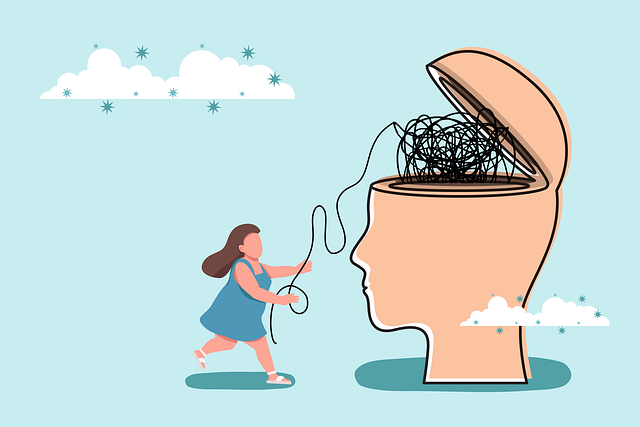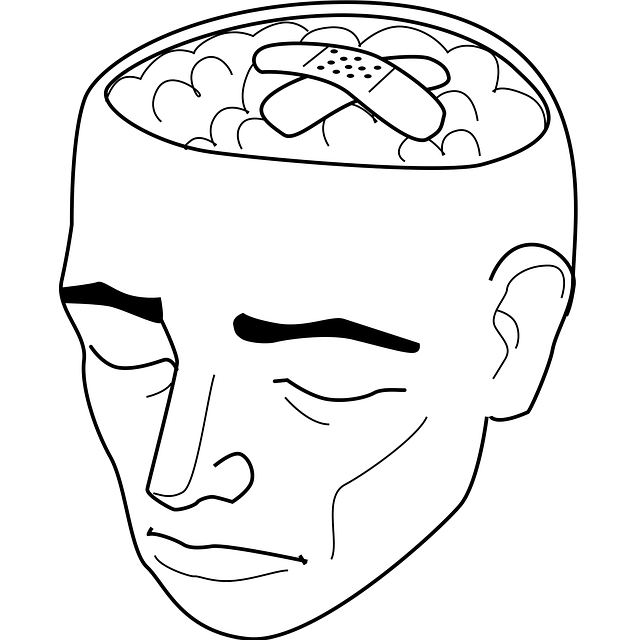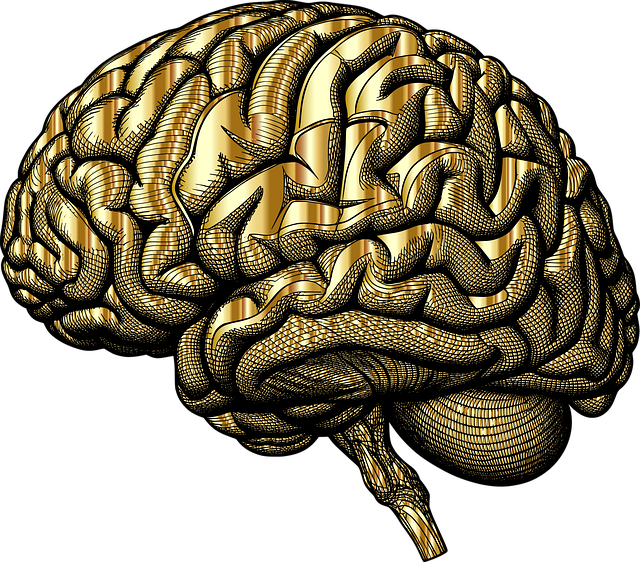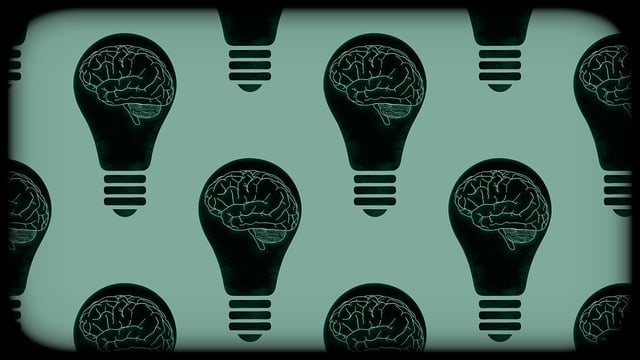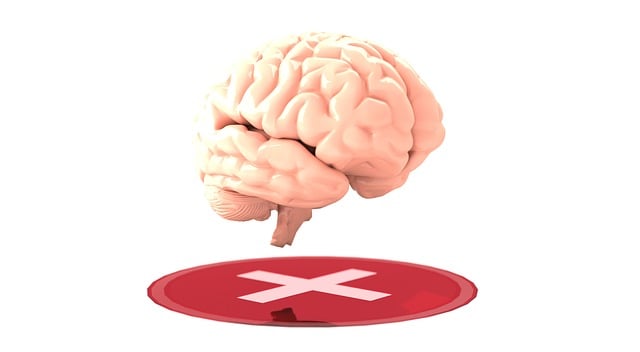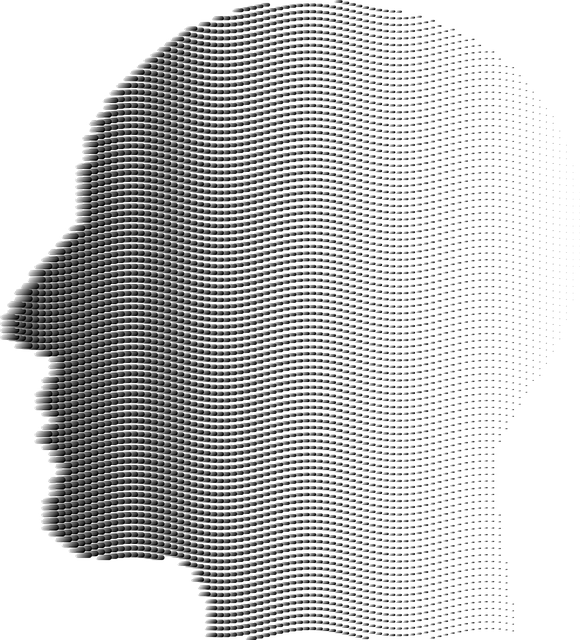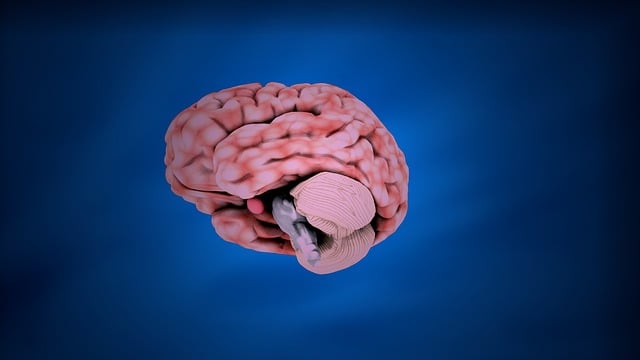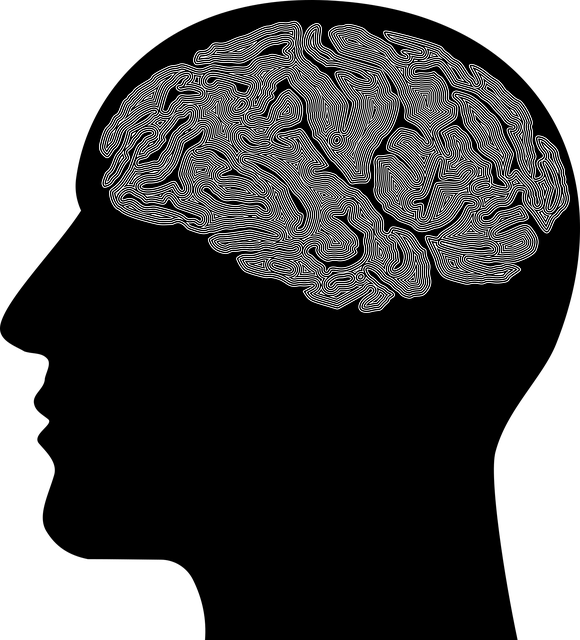In today's fast-paced world, self-assessment tools are crucial for empowering individuals to take charge of their mental health. These tools provide accessible and confidential means to evaluate emotional states, identify potential mental health concerns like depression, and work proactively towards improvement. Lafayette Drug Abuse-Substance Abuse Therapy recognizes the value of such assessments, integrating them into treatment programs. A comprehensive self-assessment for mental wellness should cover multiple aspects, including emotional regulation, coping strategies, social connections, and life satisfaction. Developed through a complex interplay of disciplines, these tools combine expertise from psychology, psychiatry, and software development to offer evidence-based content with user-friendly interfaces. Regular updates ensure alignment with best practices, while integrating Lafayette Drug Abuse-Substance Abuse Therapy elements can enhance various aspects of an individual's well-being, promoting personal growth, resilience, and self-awareness.
Mental wellness self-assessment tools play a pivotal role in promoting individual awareness and fostering proactive health management. With growing recognition of mental health as a cornerstone of overall well-being, these tools are becoming increasingly essential. This article explores the development of comprehensive self-assessment frameworks, focusing on identifying key components and strategic implementation. We delve into integrating Lafayette Drug Abuse-Substance Abuse Therapy techniques to enhance assessment effectiveness, ensuring a holistic approach to mental wellness evaluation.
- Understanding the Need for Mental Wellness Self-Assessment Tools
- Identifying Key Components of a Comprehensive Assessment
- Development and Implementation Strategies for Effective Tools
- Integrating Lafayette Drug Abuse-Substance Abuse Therapy into Self-Assessment Frameworks
Understanding the Need for Mental Wellness Self-Assessment Tools

In today’s fast-paced world, mental wellness is a critical aspect of overall health and well-being. However, many individuals struggle to recognize and address their mental health concerns due to stigma, lack of awareness, or limited access to professional resources. This is where self-assessment tools play a pivotal role in empowering people to take charge of their mental wellness. These tools offer an accessible and confidential way for individuals to evaluate their emotional well-being, identify potential issues, and take proactive steps towards improvement.
The need for comprehensive mental wellness assessments has become increasingly evident, especially in tackling prevalent issues like depression prevention. By utilizing self-assessment tools, people can gain valuable insights into their thoughts, feelings, and behaviors, fostering inner strength development. Additionally, these tools encourage the adoption of self-care routine development for better mental health, enabling individuals to cultivate resilience and maintain a balanced lifestyle. For instance, Lafayette Drug Abuse-Substance Abuse Therapy has successfully incorporated self-assessment modules as part of their treatment programs, acknowledging the importance of individual-led mental wellness initiatives.
Identifying Key Components of a Comprehensive Assessment

When developing a self-assessment tool for mental wellness, identifying key components is essential to ensure its comprehensiveness and effectiveness. A robust assessment should delve into various aspects of an individual’s psychological well-being, including emotional regulation, coping mechanisms, social connections, and overall life satisfaction. Integrating questions or metrics that capture these elements can provide a holistic view of one’s mental health status, much like how Lafayette Drug Abuse-Substance Abuse Therapy programs assess comprehensive patient needs.
Furthermore, incorporating elements from Stress Management Workshops Organization resources, Healthcare Provider Cultural Competency Training materials, and Mental Wellness Podcast Series productions can enrich the assessment. These sources offer valuable insights into modern mental wellness trends, diverse cultural perspectives, and engaging presentation formats, ensuring that the self-assessment tool remains relevant and appealing to a wide audience.
Development and Implementation Strategies for Effective Tools

The development of effective mental wellness self-assessment tools is a multifaceted process that requires careful consideration and strategic implementation. These tools play a pivotal role in empowering individuals to take charge of their emotional well-being, especially those struggling with issues like Lafayette Drug Abuse-Substance Abuse Therapy. To create impactful assessments, researchers and developers must first identify the specific aspects of mental health to be evaluated, ensuring coverage of areas such as Emotional Regulation, Mood Management, and Crisis Intervention Guidance.
A robust strategy involves combining expertise from various fields, including psychology, psychiatry, and software development. Incorporating user-friendly interfaces and evidence-based content ensures that these tools are not only accessible but also reliable. Regular updates and validation by mental health professionals are essential to keep the assessments current with best practices, thereby enhancing their effectiveness in diverse settings.
Integrating Lafayette Drug Abuse-Substance Abuse Therapy into Self-Assessment Frameworks

Integrating Lafayette Drug Abuse-Substance Abuse Therapy into self-assessment frameworks offers a comprehensive approach to mental wellness. This therapy, known for its effectiveness in addressing substance abuse, can be tailored to enhance various aspects of an individual’s well-being. By incorporating elements of Lafayette Drug Abuse-Substance Abuse Therapy, assessment tools can better equip users with strategies to cultivate inner strength and develop self-awareness.
This integration allows for a more nuanced understanding of the interconnectedness between mental health, substance abuse, and overall well-being. Moreover, it enables healthcare providers to offer culturally competent support, recognizing and respecting diverse backgrounds and needs. Self-assessment frameworks that embrace these principles can facilitate personal growth, promote resilience, and empower individuals on their journey towards enhanced mental wellness, while also encouraging participation in self-awareness exercises.
Mental wellness self-assessment tools are essential resources for individuals to gain insights into their psychological well-being. By integrating approaches like Lafayette Drug Abuse-Substance Abuse Therapy, these tools can provide comprehensive evaluations, helping users identify potential issues and take proactive steps towards improvement. Effective development strategies, as outlined in this article, ensure that these assessments are valid, reliable, and user-friendly, fostering better mental health awareness and support on a personal level.


